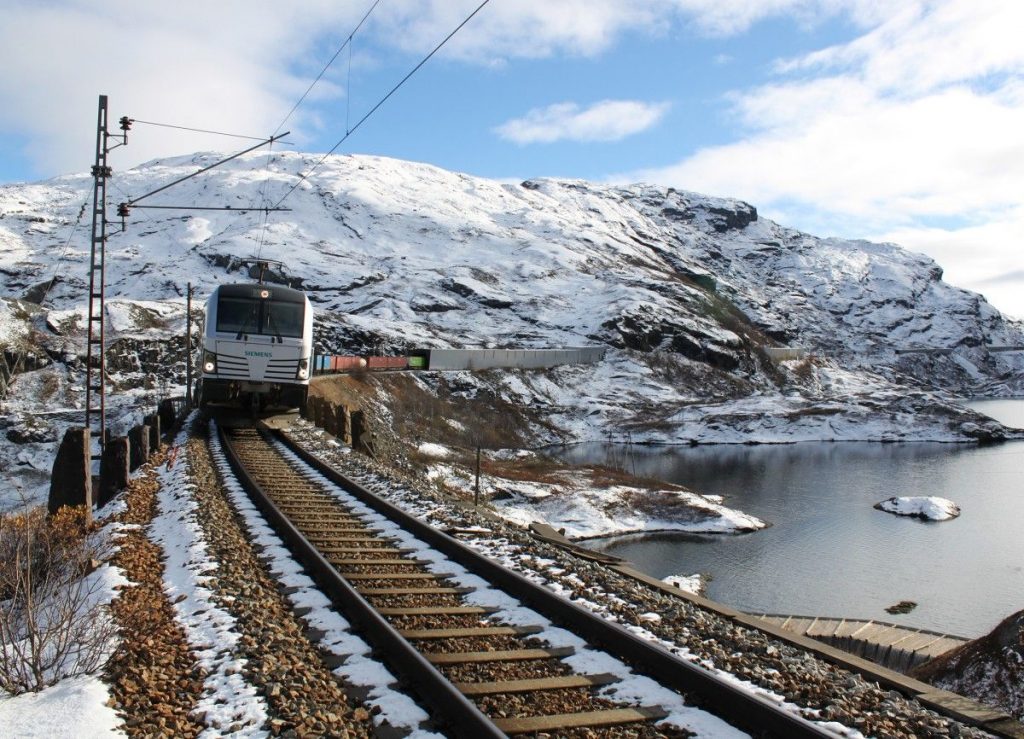ERFA says the punctuality of international freight trains in Europe has improved from around 60% to 80-90% in recent months because of increased capacity on the network due to a sharp reduction in passenger traffic.
While passenger traffic will return, the association says it is essential for policy makers to learn lessons from the current crisis to the benefit of rail freight. It says that without improving rail freight punctuality and reliability, it will not be possible for Europe to reach its modal shift and decarbonisation targets.
ERFA secretary general, Mr Conor Feighan, says one of the key lessons from the Covid-19 crisis is that there is not yet a good framework for rail freight to operate.
“These lessons need to be taken into account in the Commission’s upcoming Strategy on Sustainable and Smart Mobility and, in particular, the revision of the Rail Freight Corridors Regulation,” Feighan says. “Continued and sustainable growth in rail freight can only be achieved through granting rail freight clear and well-defined rights.”
ERFA adds that the need to define these rights confirms the appropriateness of proposals from February 14 concerning the upcoming revision of Regulation 913/2010, a European rail network for competitive freight. The proposals are:
- Improve the quality of paths for freight trains: infrastructure managers and corridor organisations on international freight corridors must work to improve the quality of paths for freight trains. Quality measures must be implemented which increase the punctuality of rail freight, increase the weight and length of trains to 750m as well as harmonise loading gauges at P400.
- Give equal priority in path allocation: allocation rules for freight paths have to be defined, internationally harmonised and secured for freight trains. Freight trains must have equal priority in path allocation as passenger trains in all countries of the corridors.
- Make sure that operational rules are internationally secured and harmonised: freight trains must have equal priority in day-to-day operation as passenger trains. A punctual train - be that passenger or freight - should have priority.
- Introduce supranational traffic management: infrastructure managers and corridor organisations should implement supra-national traffic management, which would have a specific focus on the quality of international freight trains. A measurement for international freight train quality should be implemented, and
- Empower corridor organisations: give the corridor organisations equal decision and steering rights as the national infrastructure managers. Corridor investments should not be hindered by national interest. Operators should have an equal position in the governance of corridor organisation with defined decision rights.
“Not only has rail freight proven itself to be the backbone of European freight logistics during the Covid-19 crisis, it has also proven it can be a reliable and attractive means of freight transport when it has sufficient and good quality capacity,” says Mr Dirk Stahl, ERFA president and CEO of BLS Cargo. “We are aware the current capacity situation will not last forever, but we are ready and willing to discuss the new normal to ensure the needs of rail freight and passenger services are met post-Covid-19.”

